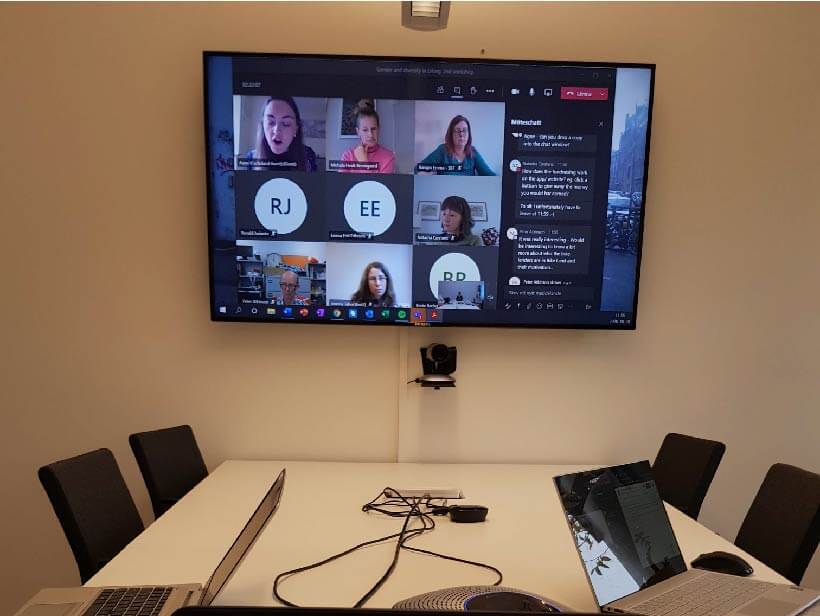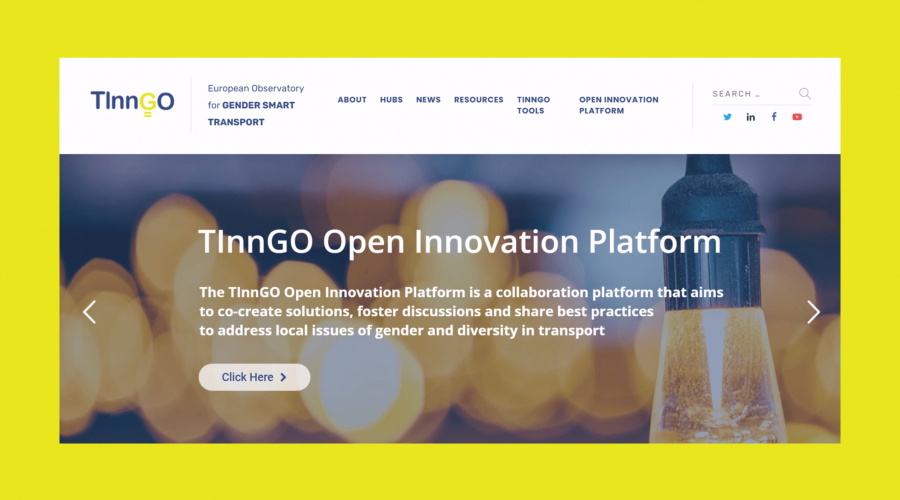On the 20th of October 2020, the Scandinavian Hub conducted a Smart Biking Living Lab under the theme Biking and Diversity. The workshop addressed business models of bike sharing schemes, which offer a diversity of bikes in their bike sharing fleets. The workshop was hosted online by Malin Henriksson, VTI, and Michala Hvidt Breengaard, University of Copenhagen, on behalf of the Transport Innovation Gender Observatory (TInnGO). The online workshop was attended by seven participants with an interest in biking and/or the development of bike sharing systems. Participants were settled in U.K., Sweden, Denmark, Poland, and Indonesia.
The workshop held three key presentations on bike sharing business models:
Emma Kangas, project manager of mobility management at the urban planning department at the municipality of Helsingborg, Sweden, presented Helsingborg’s bicycle library. The bicycle library, which opened in 2017, aims to offer a mobility solution for the commuting inhabitants in the city of Helsingborg. The bicycle library is closing in early 2021. During the three years bicycles have been shared 400 times. As a result, 26 % of the persons that borrowed a bicycle have bought an electric bicycle or a cargo bike.
LINK: https://cykelbiblioteket.helsingborg.se/ (in Swedish)
Joanna Tabor, representative of the bike sharing scheme Kajteroz in the city of Chorzów, Poland, talked about the development of the bike sharing service (established in 2018). Of particular interest was the innovative design of the bike sharing fleet, which offers a diversity of bikes, including bikes with child seat, children’s bikes, and cargo bikes.
Agne Milukaite, co-founder and CEO at Cycle.land from the U.K., presented the new business model of Cycle.land: a peer-to-peer bike sharing marked place and community oriented service, set up in 2016 and launched to meet the need for sustainable mobility solutions with affordable pricing and high availability.
During the workshop, participants discussed the diversity in mobility patterns, needs and how bike sharing business models might be able to meet the needs of all users. Discussions specifically centered on the possibility of providing a diverse fleet of bikes in bike sharing schemes. Another focus was the bike sharing services’ accessibility and how the stakeholders are reaching different users. Safety restrictions, location of stations, funding and charging, security from vandalism, and accessibility of bicycle options were identified as factors affecting the potential users, e.g. ethnic minorities, people with children, and persons with disabilities. The workshop aimed to inspire and spark mutual learning of current development and approaches of bike sharing services.





